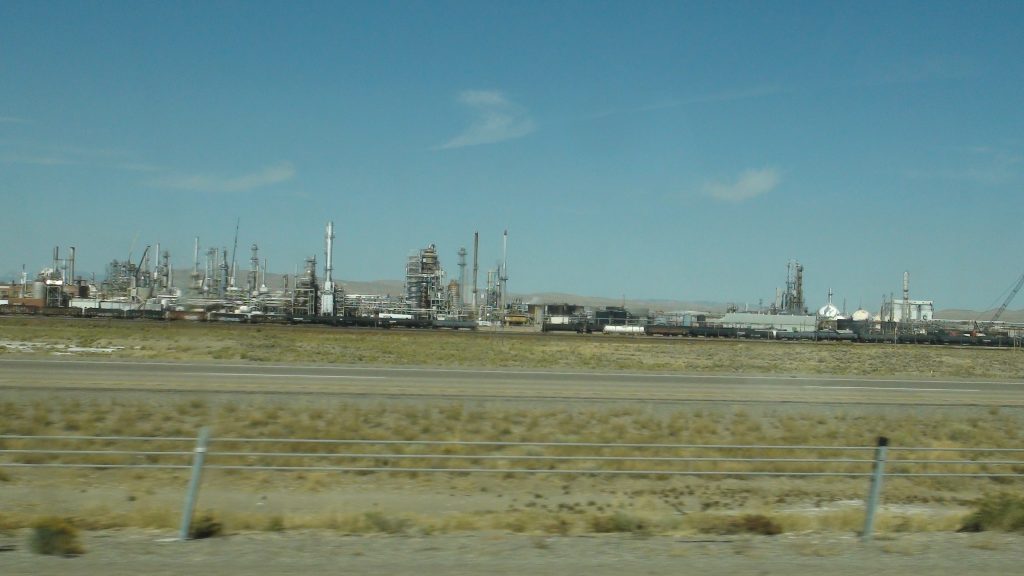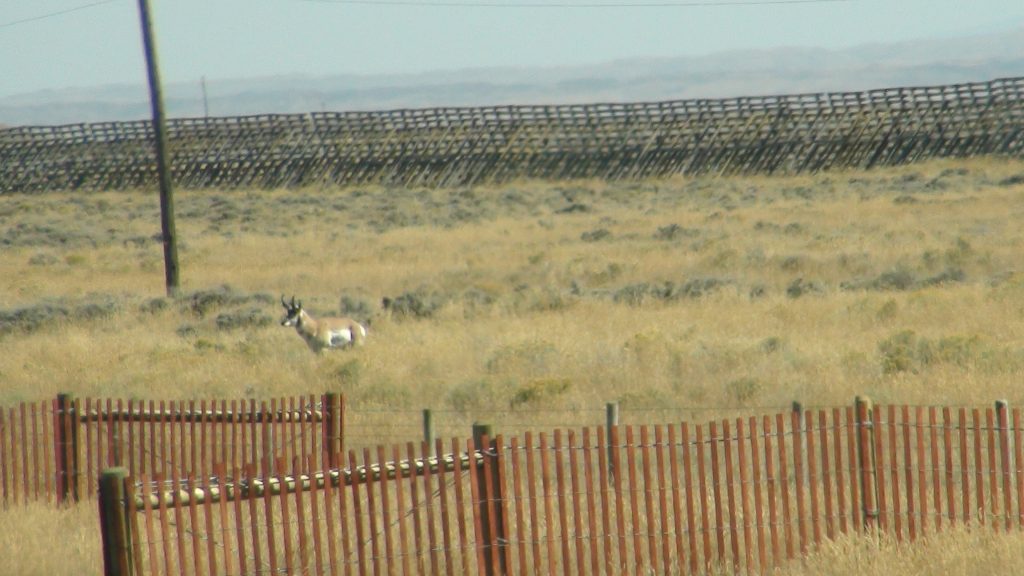More nifty.
Tuesday, 7 May 2024
Now when neither sun nor stars appeared for many days, and no small tempest beat on us, all hope that we would be saved was finally given up. Acts 27:20
Note: You can listen to today’s commentary courtesy of our friends at “Bible in Ten” podcast. (Click Here to listen).
You can also read this commentary, scrolling with music, courtesy of our friends at “Discern the Bible” on YouTube. (Click Here to listen), or at Rumble (Click Here to listen).
A literal rendering would be, “And neither sun nor stars appearing for many days, and no little tempest lying upon, removed all remaining hope of us being saved” (CG).
Luke just noted that the tackle of the ship was thrown overboard. Ellicott noted that the word goes beyond the ship’s own tackle, but to anything moveable. However, even with this drastic measure, the narrative continues with, “And neither sun nor stars appearing for many days.”
Verse 27 will give an overall span of time that the storm raged around them, fourteen days. It was on the third day that they chucked the tackle overboard. Therefore, Luke’s words now indicate a period of another 9-11 days, depending on what he was thinking as he penned the narrative.
Such a span of time, while being completely tossed to and fro,ƒ and hearing the constant noise of the storm and groan of the ship, would wear out the hardiest of souls. Luke notes this was the case with the next words, “and no little tempest lying upon.”
The words “lying upon” are a literal translation of the word epikeimai. It is referring to the storm lying upon the ship (the verb is singular). It is as if the ship itself was bearing the entire burden of the ordeal and those inside were at the mercy of God upon the ship holding together. One can imagine what it would have been like for Noah and his family on the ark.
With this terrifying ordeal upon them, Luke says that this “removed all remaining hope of us being saved.”
In ancient times, there was no such thing as a compass, GPS, etc. Without such devices, they would have no idea at all where they were. The only way to reckon their location was to determine the placement of the sun, moon, and stars.
The overcast had deprived them of this, and so they could just as well have been on the moon as still in the Mediterranean Sea. It would leave them with a feeling of complete helplessness. Adding to the lack of knowing their location, the tempest continued to beat them mercilessly. The throwing over of the supplies and tackle implies that there was probably a leak in the hull that was gaining ground.
The people would be getting more and more tired of bailing and so the leak would be like the sword of Damocles over their heads, little by little gaining the advantage over the situation. Because of this, any hope of them getting through the ordeal and being saved was erased.
The metaphor of works-based salvation is perfectly seen in this verse. The more one works, the more futile the effort. The people on the ship had gone without food, they had given up on their goods, they had worked tirelessly in the midst of chaos, and they were no better off – and certainly worse off – than when the tempest started.
Life application: Life without assurance is the most hopeless place to be. But in Christ, there is always hope, and the promise of eternal life will carry the worn-out soul to assured rest. God did not send Jesus to provide His people with eternal insecurity.
No! He did not send Jesus to save us and then expect us to then keep on saving ourselves. That would mean that His initial salvation was not truly sufficient to save. Instead, Jesus did everything necessary to restore us to life and to continue to do so as long as we are in this body of death. He has promised, and He will deliver us from it.
Lord God, give us the wisdom and the faith necessary to fully grasp what it means to be saved. Jesus has done the work. Our walk after coming to Him is to be one of gratitude, not insecurity and fear. Help us to realize that the battle has been won. Jesus has prevailed, and we are the recipients of His glorious deeds. May we rest in this assurance all our days! Amen.





